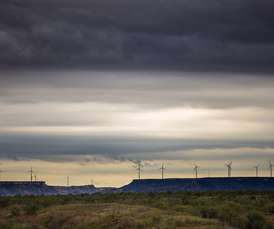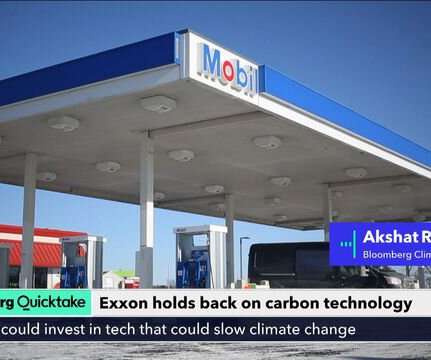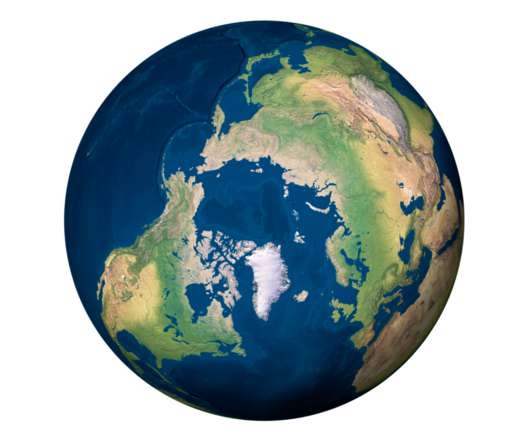The Top Energy Stories Of 2023
R-Squared Energy
DECEMBER 27, 2023
When you look back on 2008—when U.S. While the summit reaffirmed the goal of limiting global warming to 1.5°C, C, a stark assessment revealed that current emission reduction pledges put the world on course for warming of 2.9°C. production was at a 62-year low, and exports were zero—it is a remarkable turnaround.”















Let's personalize your content